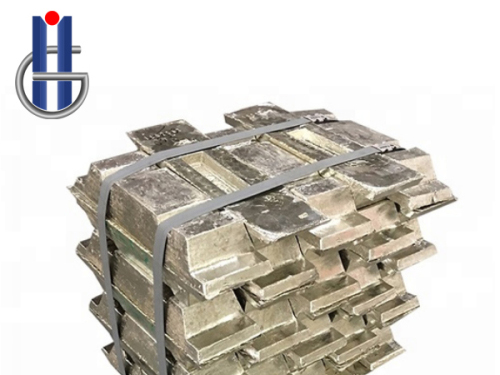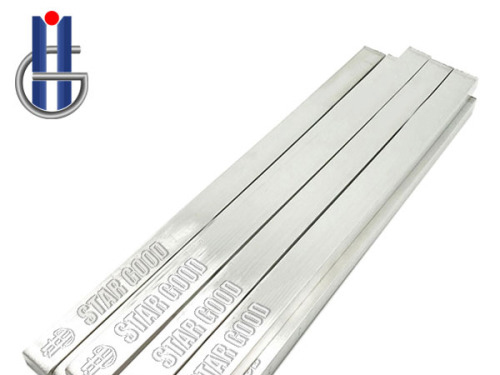The harmfulness of lead poisoning and the damage to the environment have been recognized by everyone. Lead-free solder wire is an alternative and upgraded product for de-leading. It was first proposed by EU countries in order to protect the health of operators and protect the environment. The EU standards set are collectively referred to as ROSH directives. The purpose of the ROSH directive is to restrict the use of lead, mercury, cadmium, hexavalent chromium, polybrominated biphenyls and polybrominated diphenyl ethers. The metal indicators of the solder wire cannot exceed the ROSH standard, and this solder wire is called lead-free solder wire.
Low-temperature environmentally friendly lead-free solder wire is made of lead-free pure tin, pure copper, pure silver and other environmentally friendly alloys in proportion to high-temperature dissolution, refining, casting into tin cylinders, and then die-casting with a hydraulic press and flux (rosin agent). The wire drawing machine produces solder wires drawn into different sizes according to different wire diameter requirements. The alloy composition is divided into tin-copper, tin-silver, tin-silver-copper alloy or other alloys, and the flux is evenly poured into the middle part of the tin alloy.

 High Purity Tin Ingot: Crucial Applications and Benefits
High Purity Tin Ingot: Crucial Applications and Benefits
 Pure Tin Ingot: Essential Material for Diverse Industrial Applications
Pure Tin Ingot: Essential Material for Diverse Industrial Applications
 Unlocking the Potential of Pure Tin Bars: Essential Components for Diverse Industries
Unlocking the Potential of Pure Tin Bars: Essential Components for Diverse Industries
 Lead Bar for Sale: Uses, Specifications, and Buying Considerations
Lead Bar for Sale: Uses, Specifications, and Buying Considerations


